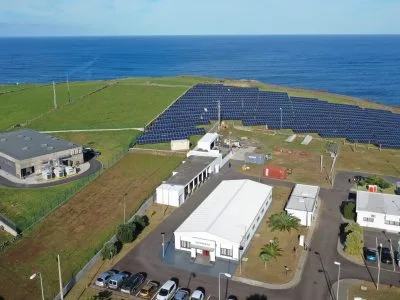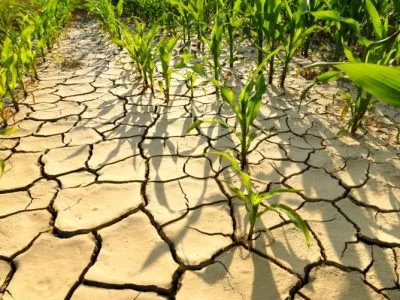World’s First Renewable Nation
Solar power plants and coconut biofuel-powered generators will be switched on in Tokelau next week as they gear up to become the ‘the world’s first truly renewable nation.’
The renewable energy system comprising of solar panels, storage batteries and generators running on biofuel derived from coconut will generate enough electricity to meet 150% of the islands’ power demand.
These systems are part of the Tokelau Renewable Energy Project that has been funded by the New Zealand government and represents one of the largest off-grid renewable energy projects in the world.
This project serves very well for other Pacific islands that plan to reduce their dependence on imported fossil fuels, do their part in the reducing greenhouse gas emissions, and to achieve 100% electricity generation from renewable energy between 2013 and 2020.
These island nations are getting significant monetary and technical assistance from developed countries and are also learning from the experiences of each other, as part of The Small Developing Island Renewable Energy Knowledge and Technology Transfer Network (DIREKT).
DIREKT is a cooperation scheme involving universities from Germany, Fiji, Mauritius, Barbados, and Trinidad & Tobago, with the aim of strengthening the science and technology capacity in the field of renewable energy of a sample of ACP (Africa, Caribbean, Pacific) small island developing states, by means of technology transfer, information exchange, and networking.
If you want to know more about this and other topics directly from end users of energy storage technologies join us at one of these annual events: The Energy Storage World Forum (Grid Scale Applications), or The Residential Energy Storage Forum, or one of our Training Courses.



